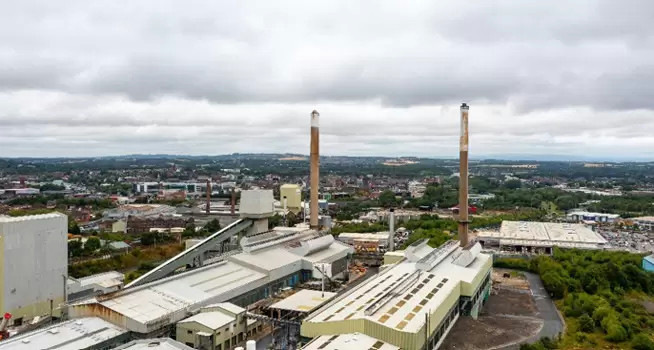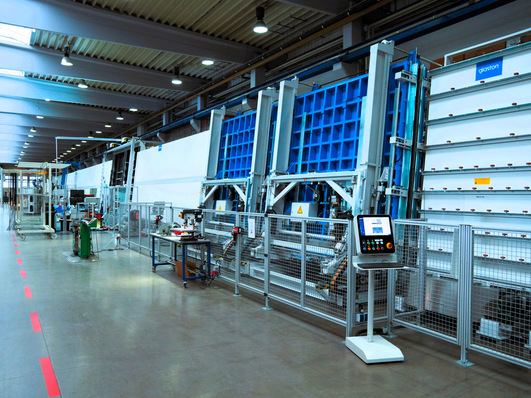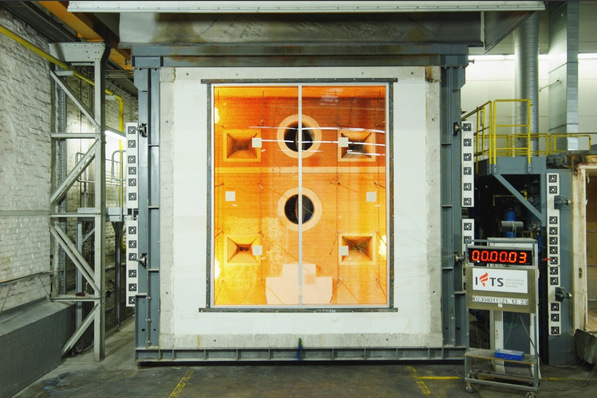This initiative, in collaboration with Grenian Hydrogen, marks a significant step toward reducing the carbon footprint of the company’s glass production process. The proposed hydrogen plant at the Greengate Works site is expected to supply up to seven tonnes of zero-emission hydrogen per day to fuel the facility's furnace.
See also: NSG Group decides early closure of float line in Germany
By switching to green hydrogen, Pilkington UK aims to eliminate approximately 15,000 tonnes of carbon dioxide from its direct emissions each year. This shift will enable the company to expand its production of low carbon architectural glass, supporting the construction of more sustainable buildings.
Grenian Hydrogen's first major venture
The construction of the hydrogen plant, powered by renewable electricity, is scheduled to begin in 2025, contingent on funding from the UK Government’s Hydrogen Allocation Round 2 (HAR2). The plans were recently presented for public consultation, with Grenian Hydrogen preparing to submit a formal planning application.
Also interesting: Bringing together the UK’s Glass and Glazing Industry
This project represents Grenian Hydrogen's first major venture, and it aims to not only decarbonize Pilkington UK but also contribute to the broader industrial decarbonization of the surrounding area.

Malte Forstat / GW-News
Why is switching to hydrogen important?
Transitioning to hydrogen as an energy source is crucial in the global effort to combat climate change. Hydrogen, especially when produced using renewable energy, is a clean alternative to fossil fuels, emitting only water vapor when used. By adopting green hydrogen, industries like glass manufacturing can significantly reduce their carbon emissions. This shift is essential not only for reducing the environmental impact of industrial processes, but also for ensuring compliance with increasingly stringent climate regulations and for fostering long-term sustainability in the industrial sector.
















